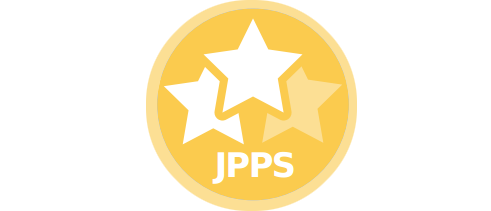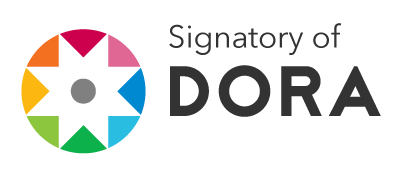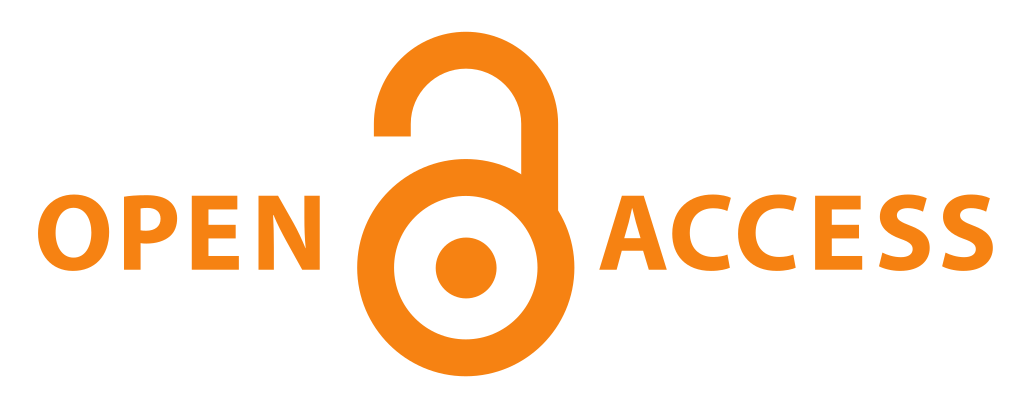Ethics and good practices
Paradigma: Revista de Investigación Educativa is governed by ethical principles throughout the editorial process, from the receipt of manuscripts to publication. The journal follows the standards of the Committee on Publication Ethics (COPE, https://publicationethics.org/) for its editorial work. The applicable policies are described below:
i) Authorship and contribution
Anyone who has substantially contributed to the conception, design, data collection, analysis, or writing of the manuscript is recognized as an author. All authors must approve the final version before submission.
ii) Complaints and appeals
Any complaint regarding peer review, editorial decisions, or the content of a published article can be submitted via email to paradigma@upnfm.edu.hn. Each case will be reviewed by the journal’s Editorial Team, which will provide a clear, transparent, impartial, and justified response based on the journal’s ethical and scientific principles.
iii) Conflicts of interest
Authors, reviewers, and editors must disclose any conflict that could influence evaluation or editorial decisions.
iv) Data sharing and reproducibility
Transparency is promoted through the access to and exchange of data and materials collected or derived from the research among authors, reviewers, and readers, provided that confidentiality and privacy rights are respected. The journal may request access to such data from the authors when deemed appropriate, at the request of the editorial team or the review committee. If data cannot be shared, a justification must be provided.
v) Ethical oversight
Manuscripts must comply with international ethical standards. Paradigma adheres to the guidelines of COPE (https://publicationethics.org/).
vi) Intellectual property
Authors transfer economic rights (reproduction, transformation, public communication, and distribution) to the Universidad Pedagógica Nacional Francisco Morazán (UPNFM). Authors retain intellectual property rights.
vii) Post-publication corrections and discussion
Requests for corrections, retractions, or post-publication scientific comments are allowed. The Editorial Team will evaluate each case. Complementary publications (letters to the editor) are also accepted to discuss scientific issues in previously published articles.
Policy on the use of Artificial Intelligence (AI)
i) Permitted use and disclosure
The use of artificial intelligence (AI) tools is allowed in the drafting, reviewing, and editing of articles. Their use must be clearly disclosed, indicating the model used, version, date of consultation, and commands (prompts) employed.
ii) Human authorship
Authorship is reserved exclusively for the human authors of the submitted manuscript.
iii) Responsibility
Authors, reviewers, and editors using AI must assume full responsibility for its use. All generated content must be validated and properly cited.
iv) Ethics and rights
AI use must respect citation principles, intellectual property, and authorship rights. The use of tools that generate content based on protected works without legal or academic justification is prohibited.
v) Misconduct
Improper, undisclosed, or academically compromising use of AI will be evaluated by the Editorial Team, which will take appropriate action.
vi) Recommendations for AI disclosure
- If AI was used in a limited way (e.g., grammar correction or wording suggestions), a mention at the end of the manuscript is sufficient.
- If used more extensively (e.g., content generation, conceptual reformulation, automated analysis), it must be disclosed in the relevant sections of the text.
- In all cases, the following must be indicated: Name of the model (e.g., ChatGPT, Gemini, Copilot), version used, date of use, and main prompts employed.
- If multiple tools or queries were used, they must be documented separately (as a supplementary file).
- All generated content must be validated, and its accuracy and consistency guaranteed by the person submitting it.
Identification and handling of research misconduct
The journal is committed to maintaining scientific integrity and preventing the publication of work that violates established research ethics standards. The procedures for identifying and addressing allegations of research misconduct are as follows:
i) Prevention
Journal editors will take steps to detect and prevent the publication of articles that show signs of research misconduct. This includes, but is not limited to, the detection of plagiarism (manuscripts are checked using Google or Turnitin for similarities, incorrect citations, or inconsistent data), citation manipulation, excessive use of undisclosed AI tools (using online tools), and data falsification or fabrication.
ii) Commitment to integrity
Result manipulation, plagiarism, and falsification are not tolerated. In cases of simultaneous submission, fraud, or prior publication, the manuscript will be rejected (if identified before publication) or retracted (if already published). Authors will be formally notified.
iii) Evaluation of allegations
Upon receiving allegations, editors will assess the evidence, consult the parties involved, and make decisions based on verifiable facts. The process will be fair, transparent, and protect the rights of all parties involved.
Copyright and Licensing
Copyright policy: detailed in the author guidelines.
License: CC-BY-NC-ND 4.0 https://creativecommons.org/licenses/by-nc-nd/4.0/deed.en
Author Fees
No fees are charged at any stage of the editorial process. If fees are implemented in the future, they will be clearly announced on the journal’s website.
Access and subscriptions
The journal is open access. There are no fees for reading, subscribing, or accessing articles.
Ownership and management
Paradigma is edited by the Instituto de Investigación y Evaluación Educativas y Sociales (INIEES) of the Universidad Pedagógica Nacional Francisco Morazán (UPNFM), which is responsible for the editorial process and adherence to academic and ethical standards.
Sources of revenue
There is no income from publication, subscriptions, or advertising. The journal is funded solely by institutional support. Editorial independence is guaranteed.
Advertising and calls for papers
No commercial advertising is included.
Calls for submissions are disseminated through Latinrev, the journal’s OJS platform, and via email to affiliated institutions and researchers.
Commercial use
Paradigma does not engage in direct commercialization activities.







